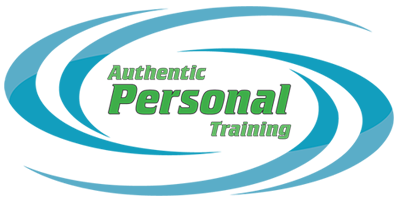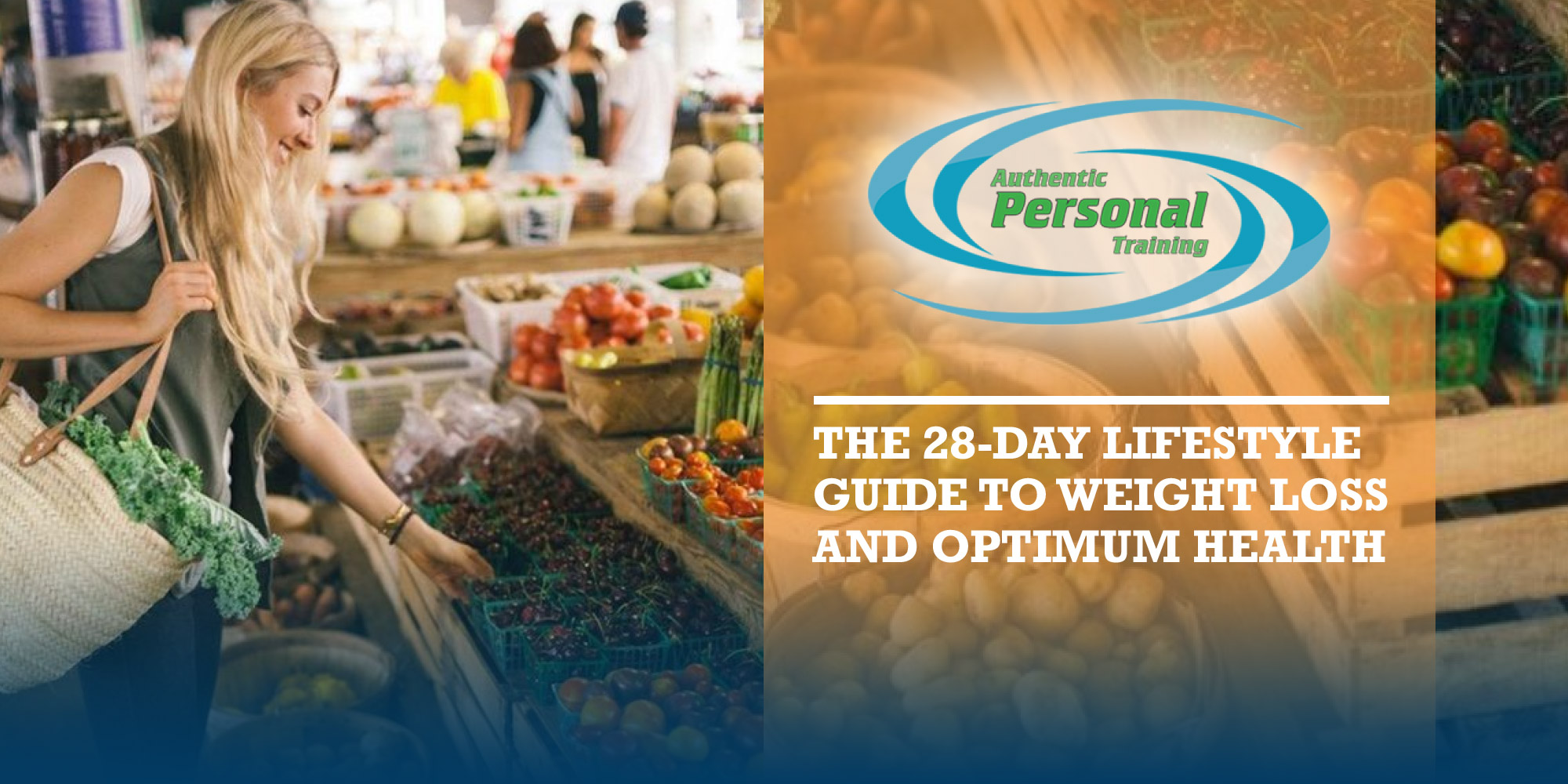Now more than ever, people in their 50’s, 60’s and beyond are looking to stay healthy and improve their fitness while ageing. The want to hold on to a high level of fitness and remain on top of their game. Unfortunately, with the ageing process comes many physiological changes that can negatively affect exercise capacity, muscle mass and strength.
Many of us may start to see a drop in performance peak after our 30’s. With a combination of efficient training, recovery and nutrition practices, you can help to prevent or reduce age-related declines in muscle mass, strength and physiological function. By making diet adjustments alongside a well-structured training programme (which you can guarantee has been catered for by your trainer here at Authentic), older adults can reap great health benefits and maintain a high level of fitness beyond their 40’s!
How does ageing affect body composition?
The aging process is associated with a gradual reduction in cardiovascular and respiratory function, muscle mass, strength, and bone mass. Even active adults experience compositional changes due to hormonal changes that occur with age – typically with a 3-8% in muscle mass reduction per decade from our 30’s onwards.
After the age of 50, strength declines by 3% per year. The age-related loss of muscle mass and strength ‘sarcopenia’, can reduce mobility, quality of life and the ability to carry out everyday activities. It can also increase the risk of falls and fractures and contribute to the development of chronic diseases. Bone mass also declines from the mid 30’s. One in three women and one in five men over the age of 50 will experience fractures as a result of osteoporosis.
As a result, there is a drop in endurance, strength and physiological performance.
How to prevent the age-related decline in body composition?
As mentioned, as a member of Authentic Personal Training, you can be assured that your PT has devised a solid gym program for you to follow that will help to prevent these age-related declines. Maintaining, or improving fitness and having a healthy ageing process is entirely possible with the right support.
What your PT cannot do however is constantly monitor your nutrition that will further help to offset these affects. However, we can tell you what you have to do. See below for some more information.
Daily Energy Requirements
Daily energy needs decrease with age. This is somewhat due to a reduction in muscle levels, resulting in a lower resting metabolic rate. It is also partly due to a reduction in physical activity levels. As previously mentioned RMR is your resting metabolic rate and takes into account your age. A higher age assumes a lower muscle mass.
Multiplying your RMR by your physical activity level will give your total daily energy expenditure. With a higher age and lower physical activity level – this may be up to 2-300kcals different. It can clearly be compensated by consuming fewer calories, increasing energy expenditure or avoiding losing muscle in the first place with regular resistance training.
Nutrient dense foods should be used for the caloric intake to enhance recovery from workouts. It will also reduce the risk of chronic diseases such as cardiovascular disease, osteoporosis, type 2 diabetes etc.
Protein
As we age, our muscles become less responsive to the anabolic effects of protein and exercise. An increased daily protein intake of 1.2-1.5g BW/day can help to offset protein loss and maintain muscle mass and strength. This equates to 84g – 105g /kg BW for a 70kg individual.
Even better measured; 40g or 0.4g/kg body weight is advised per meal.
Consuming protein rich in the amino acid leucine such as:
- milk and dairy products
- whey protein supplements
- eggs and meat
As well as plant sources such as:
- soya
- quinoa
- buckwheat
- amaranth
- chia and
- hemp seeds
is advised for optimal muscle retain and growth. Getting protein into the diet post exercise may also help to increase muscle protein synthesis. Having a high protein drink or snack before bed such as milk, hot chocolate or yoghurt has also shown to result in greater MPS.
Carbohydrates
As we age, the body keeps the ability to store carbohydrates as glycogen in the liver and muscles and to convert glycogen to energy during exercise and to recover post exercise. For that reason, carbohydrate needs stay the same although less may be required due to less activity being carried out.
Hydration
Thirst becomes less obvious as we get older and our rate of sweat decreases. Kidney function is reduced meaning that the ability of the kidneys to concentrate urine is reduced. As a result, you are more susceptible to dehydration. So it’s even more important to ensure you are hydrated at the beginning of training sessions. 5-10ml/kg BW is advised 2-4 hours pre-exercise and drinking to a schedule rather than thirst during exercise.
Supplements
Omega-3 supplements may help reduce chronic inflammation and muscle loss if 2 portions of fish is not eaten per week (one of which to be oily) along with flaxseeds, pumpkin seeds, walnuts, chia seeds and their oils.
Creatine supplementation combined with efficient resistance training may increase muscle mass, strength and performance more than just resistance training alone.
Vitamin D supplementation may also be advised to maintain healthy bones, teeth, muscle function, immune system function, lung function and cardiovascular health as the skins capacity to produce vitamin D from UV light diminishes.
In Summary
Unfortunately, we will not live forever! If you want to be healthy throughout the ageing process and keep your fitness, work must be done. Thankfully, there are many ways you can look to increase your quality of life as you age. Partaking in regular activity; resistance training and hit sessions respectively can decline the loss of muscle and the CV system respectively. Increasing protein, maintaining carbs, continuing to eat nutrient dense food and considering omega-3, vitamin D or creating supplements may all be considered to enhance these effects and maintain muscle mass for as long as you can!
Want To Learn More?
Since COVID-19 entered our lives, we have aimed to deliver some great weekly information as to how you can remain healthy, productive and in good spirits. This blog post is the latest addition to a growing library of information. Click to read more on our dedicated COVID support blogs.
Over the last 7 years Authentic Personal Training has established itself as a leading health and fitness studio on the Lower North Shore. We are incredibly proud to announce that we have been voted The Best Fitness Business on The North Shore for 2019.
Join us on our Facebook page:
https://www.facebook.com/authenticpersonaltraining/
To book a complimentary Personal Training Session with one of Sydney’s most experienced Personal Trainers, simply fill out the form below



